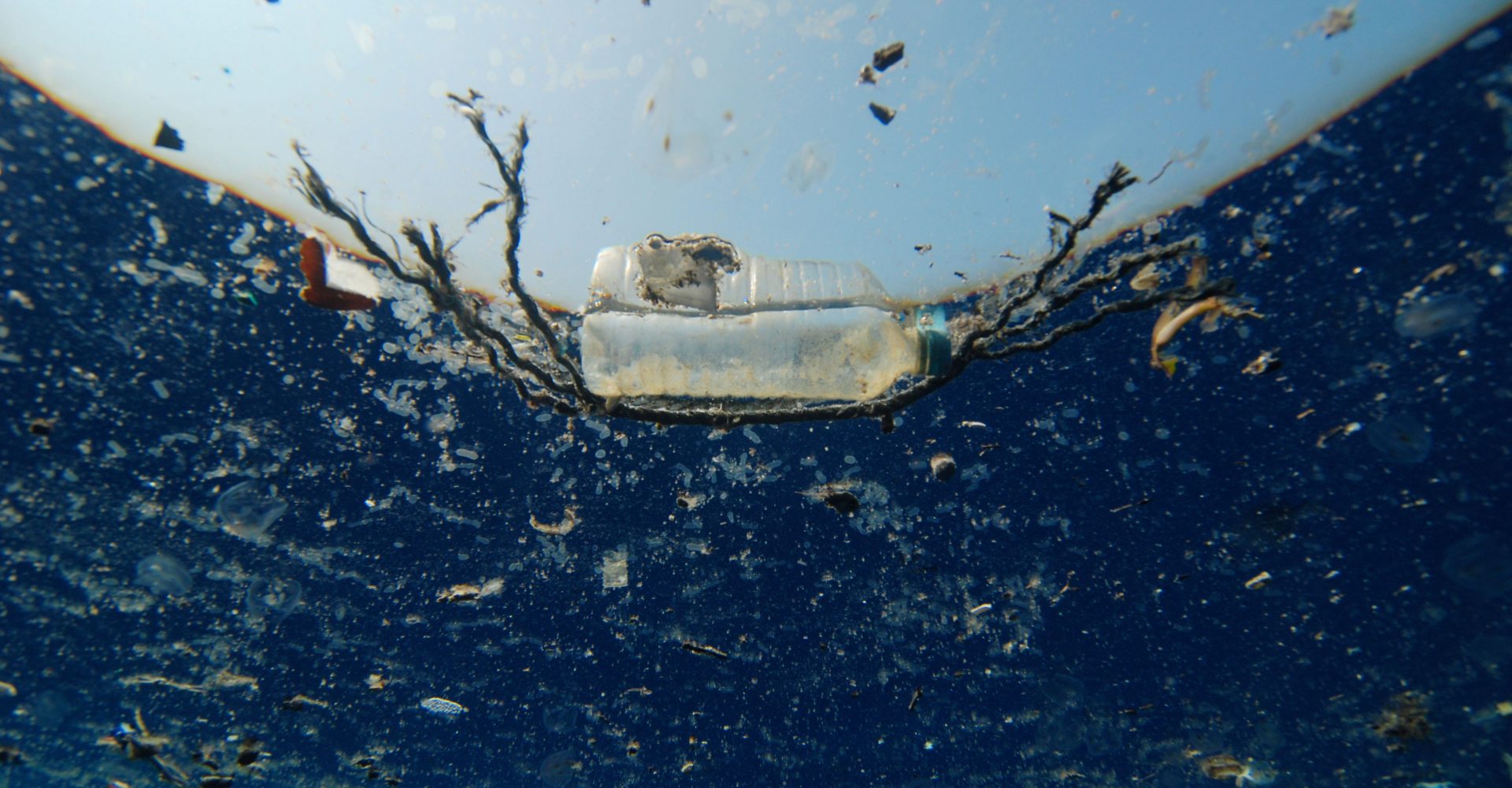
There are research teams around the world, dedicated to finding a solution for the growing plastic pollution crisis. This is great news, but what’s interesting is that researchers may have “stumbled” upon the solution by accident. Researchers studying a newly-discovered bacterium found that, with a few tweaks, the bug can be turned into a mutant enzyme that starts eating plastic in a matter of days. It can take centuries for plastic to break down in the ocean. Hence how we’re killing the planet.
This surprising discovery was made when scientists started investigating the structure of a bacterium found in a waste dump in Japan. The bug produced an enzyme, which the team that discovered it started studying. AT first, the enzyme looked very similar to one evolved by many kinds of bacteria to break down cutin. Cutin is a natural polymer used by plants as a protective layer. But after some gentle manipulation, the team actually improved its ability to eat PET. PET is polyethylene terephthalate, and it’s the type of plastic used in water bottles.

Professor John McGeehan, from the University of Portsmouth, led the research and said that the discovery was a bit of a “shock”. That said, this could have a huge impact on the growing problem that is plastics in the environment. PET Bottles that are currently recycled can only be turned into fibers for clothing and carpets. The mutant enzyme could be used to turn back into its original component. This is huge news if it works because now we won’t have to use oil to create the plastic that we so rely on.
There are some other examples of this kind of industrial enzymes – such as those used in detergents and biofuels. These have been manipulated to work up to 1,000 times faster in just a few years. Which is why McGeehan believes the same could be possible with the new enzyme. McGeehan states:
“It gives us scope to use all the technology used in other enzyme development for years and years and make a super-fast enzyme.”

And that’s what it’s about right? Technology. According to the team, potential future uses of the enzyme could include spraying it on the huge islands of floating plastic in oceans in order to break down the material. Let’s think about this for a moment. We (possibly) have the ability to break down plastic and improve the environment. Regardless of how this was discovered or by whom, this is a huge advancement from both a technology perspective as well as an environmental perspective. It has huge impacts in both scenarios.
One discovery doesn’t necessarily mean that it has to be applied to that specific application. In many cases, it can be used for other things – of which, we don’t necessarily know or understand. Regardless of how this gets used down the road, it potentially could mean some pretty impactful things for the environment.



